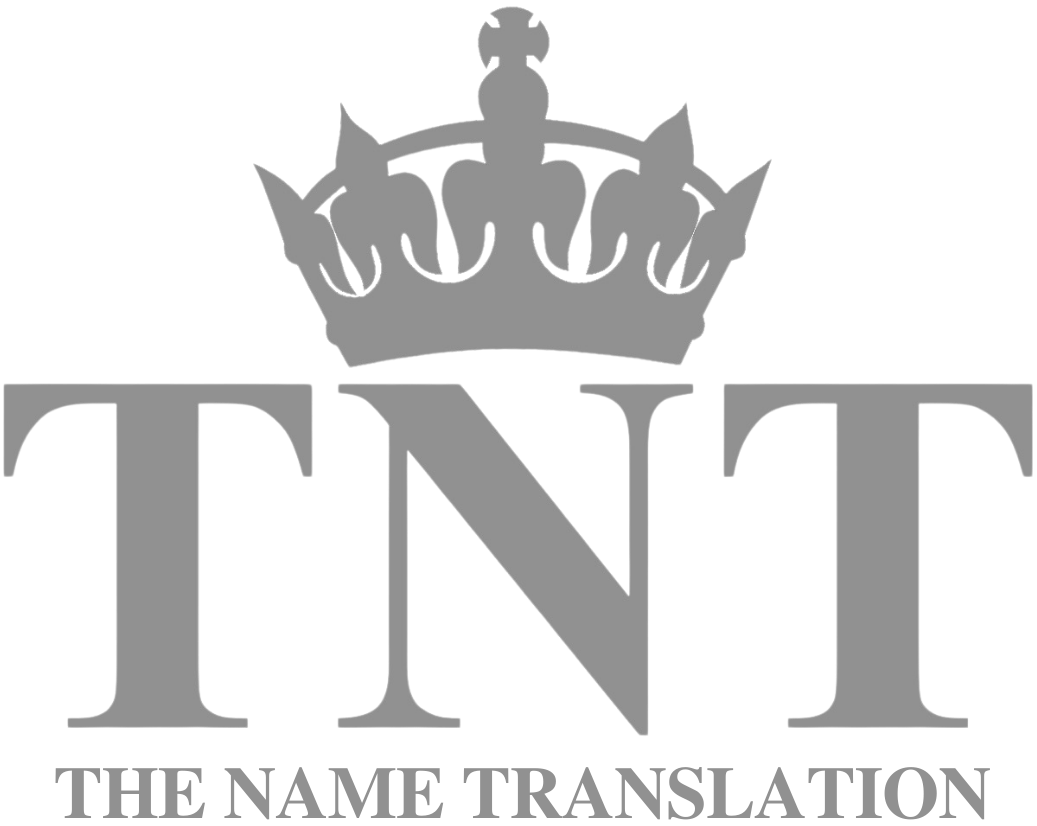In Deuteronomy 18, the LORD spoke to Moses concerning the Prophet. The Prophet and the Messiah were not necessarily considered one in the same, but clearly Jesus fulfilled the following scripture in which the LORD is speaking to Moses:
I will raise up for them a prophet like you from among their brothers; I will put my words in his mouth and he will tell them everything I command him. If anyone does not listen to my words that the prophet speaks in my name, I myself will call him to account. (Deuteronomy 18:18-19 NIV)
The key to defining who the Prophet will be is that He will be like Moses. Throughout the passage, the singular use of the word prophet is used. No other prophet from among the Israelites has risen to compare with Jesus.
Moses worked great miracles which had national impact. Elijah and Elisha were other miracle workers but more in private than in public usage. In comparison to the power in which Moses worked them, Jesus can only compare. After the feeding of the five thousand, the people said of Jesus, “Surely this is the Prophet who is to come into the world.” (John 6:14 NIV)
Moses was a law-giver, covenant maker and teacher. His teachings carried great authority over the people unlike no other Old Testament prophet. As Moses brought a people into covenant with God, so Jesus brought a people into covenant with God through His own blood (Luke 22:20 NIV). No other teacher has such profound influence upon Jewish thought since the time of Moses.
Moses was a deliverer and mediator. What other prophet delivered masses of people from bondage (Exodus 13) and stood between God and the people as a mediator, fasting forty days and forty nights? (Deuteronomy 9:18) What other Jewish figure ever offered up his life, as in Deuteronomy 32:32, “But now, please forgive their sin– but if not, then blot me out of the book you have written…”, in place for the sin of a rebellious people? May all of Israel say, like the Jews who heard Jesus at the feast of Tabernacles: “Surely this man is the Prophet” (John 7:40 NIV).
